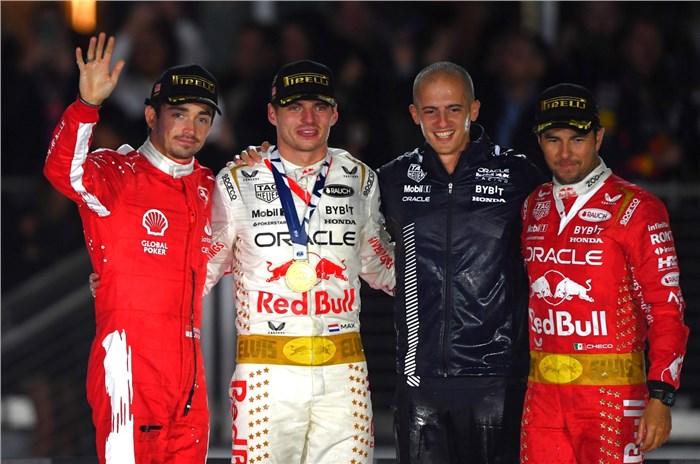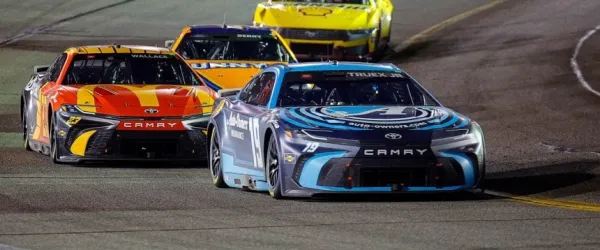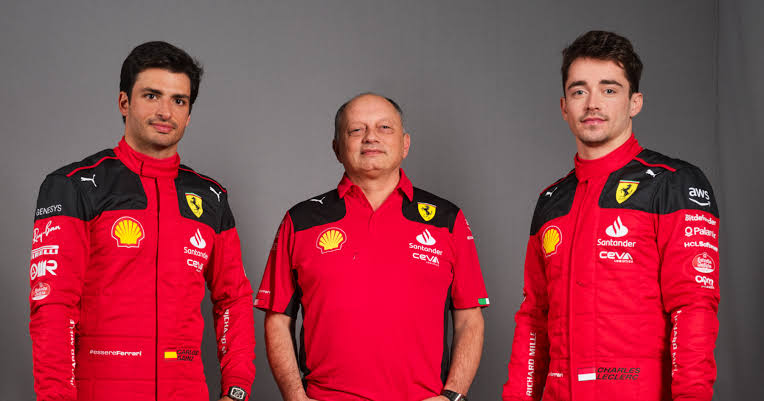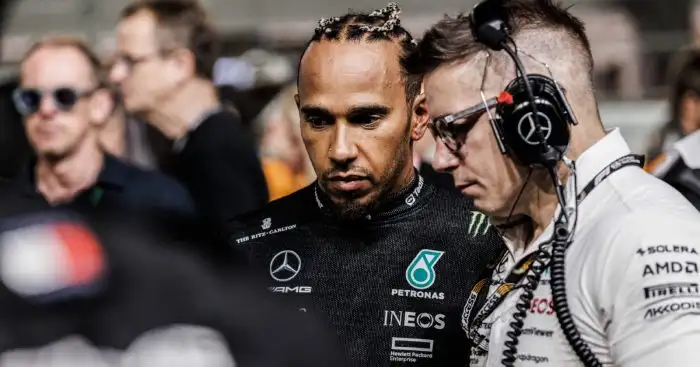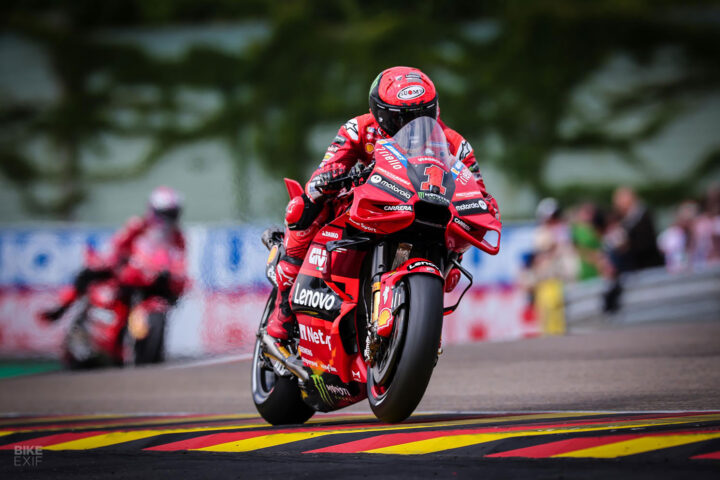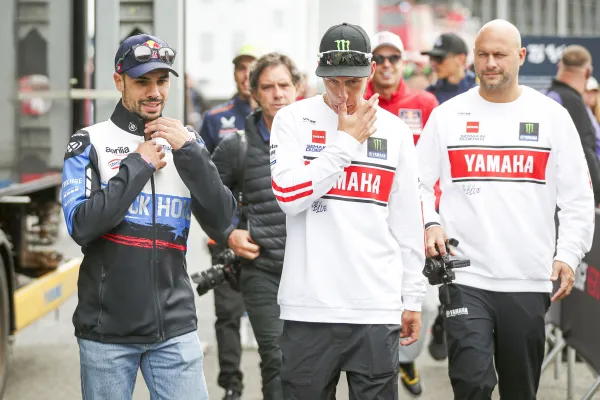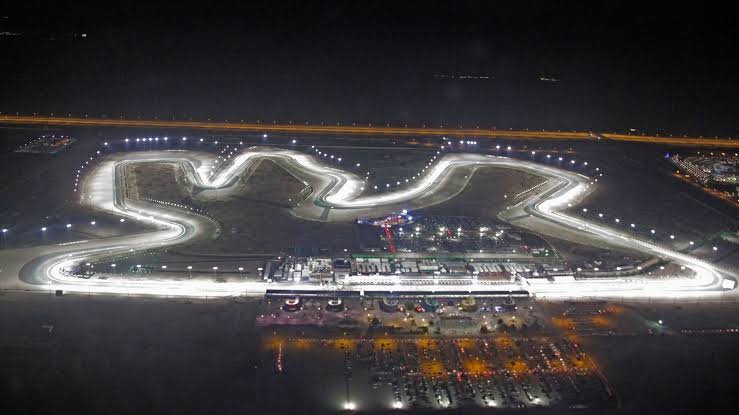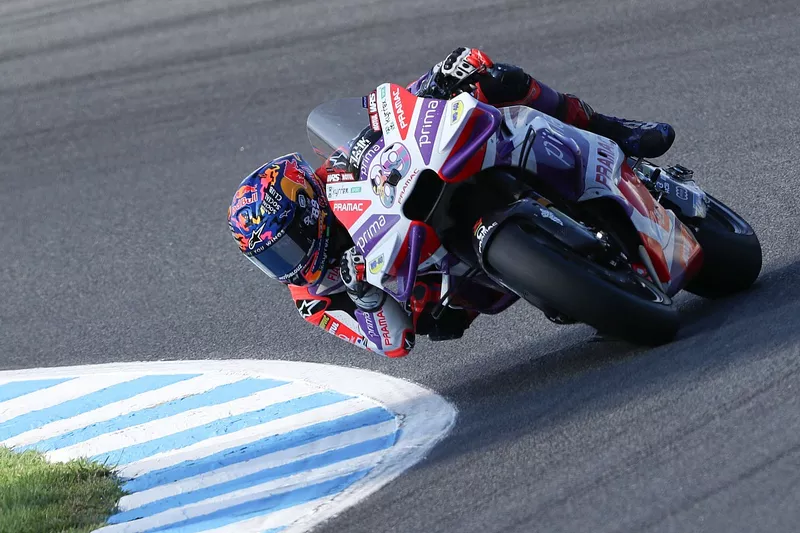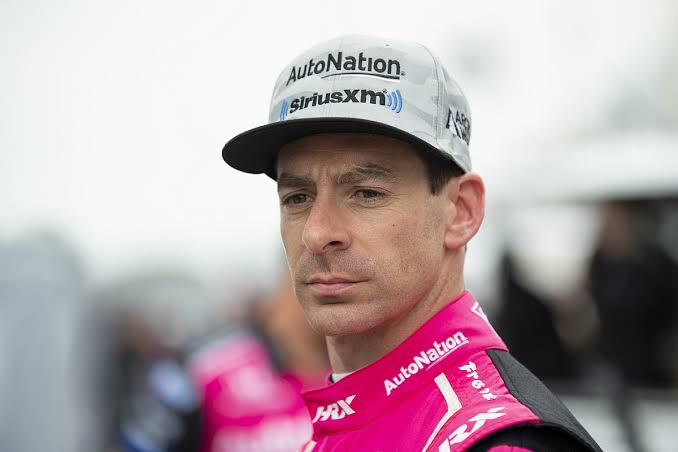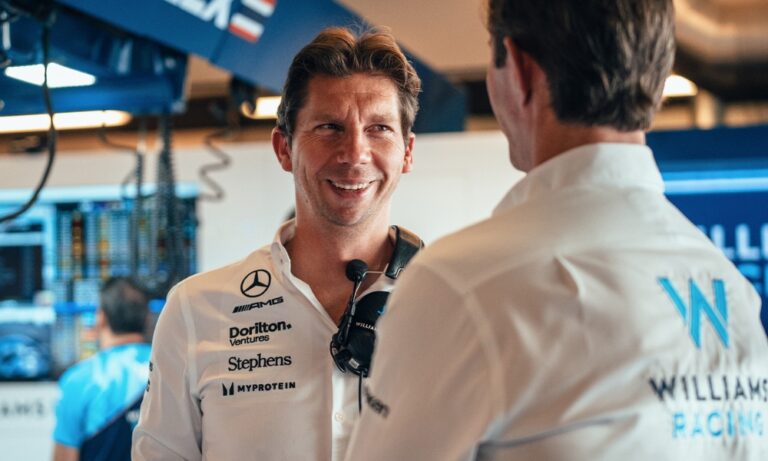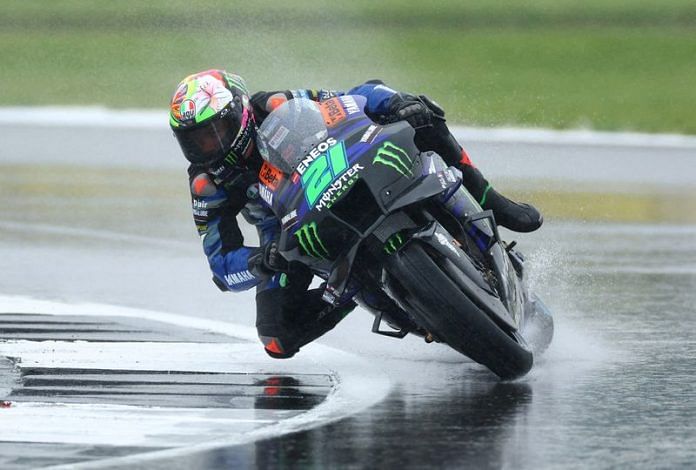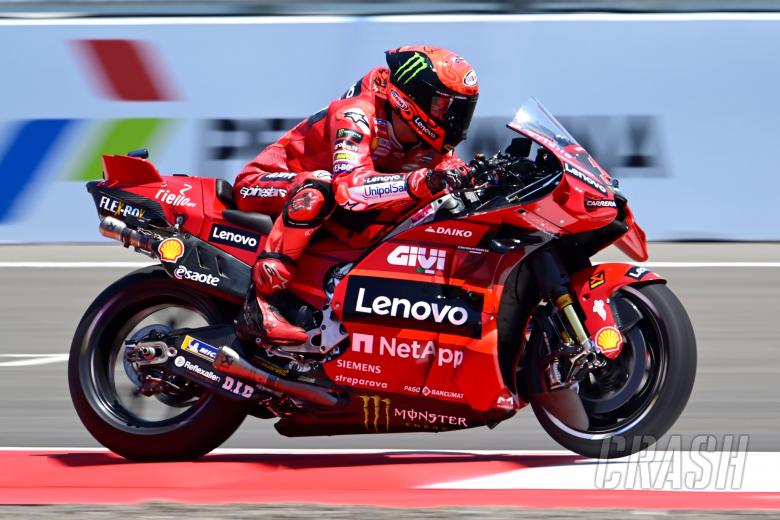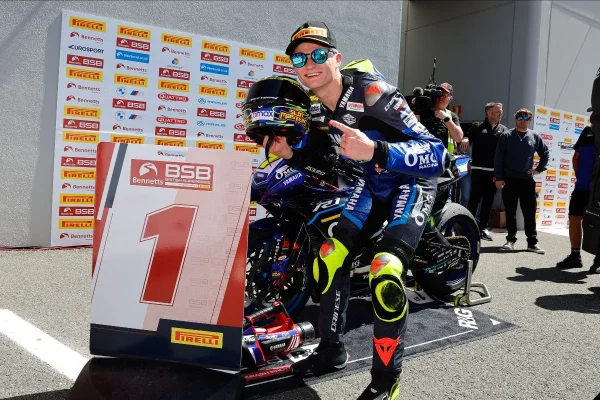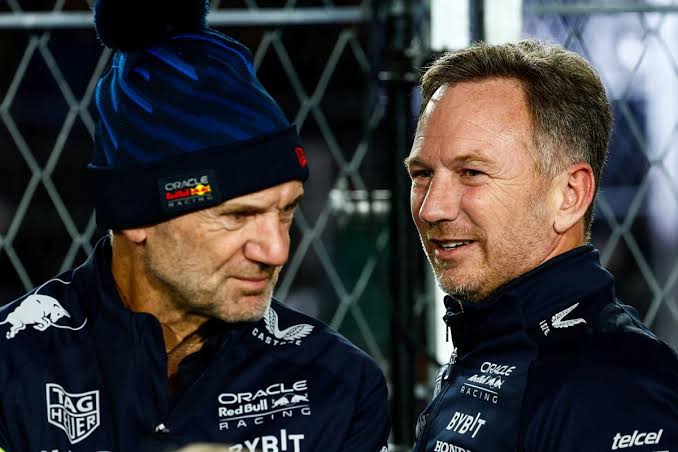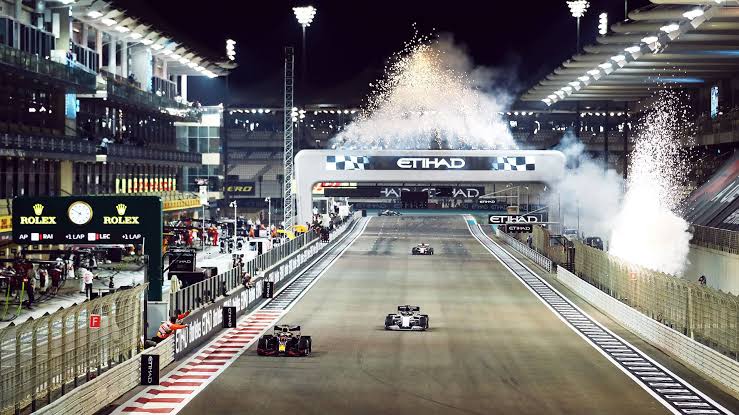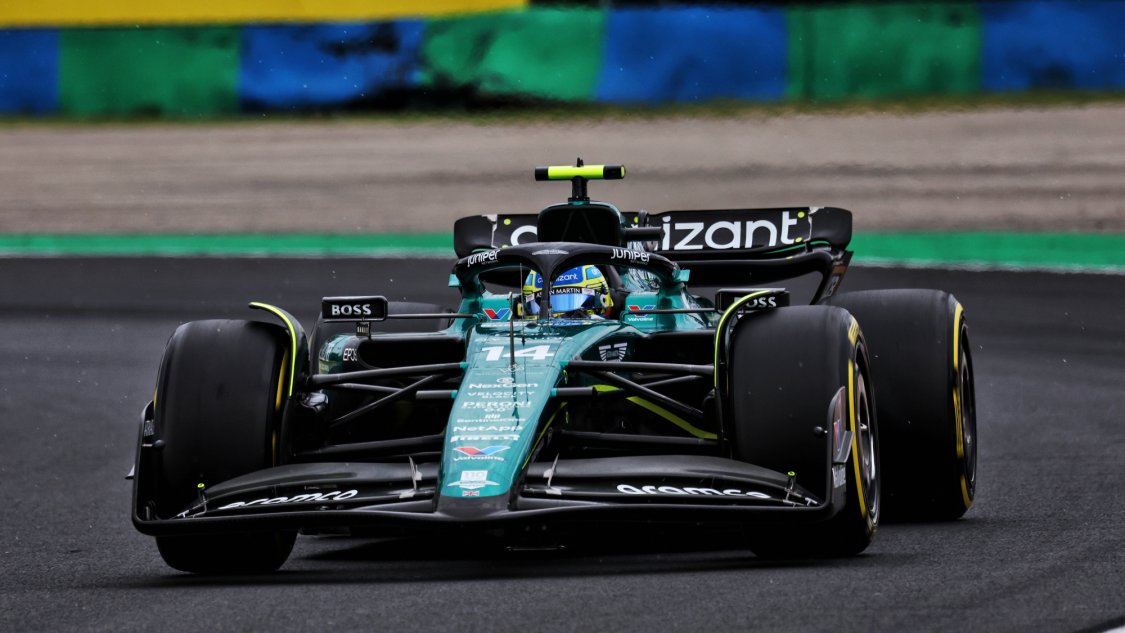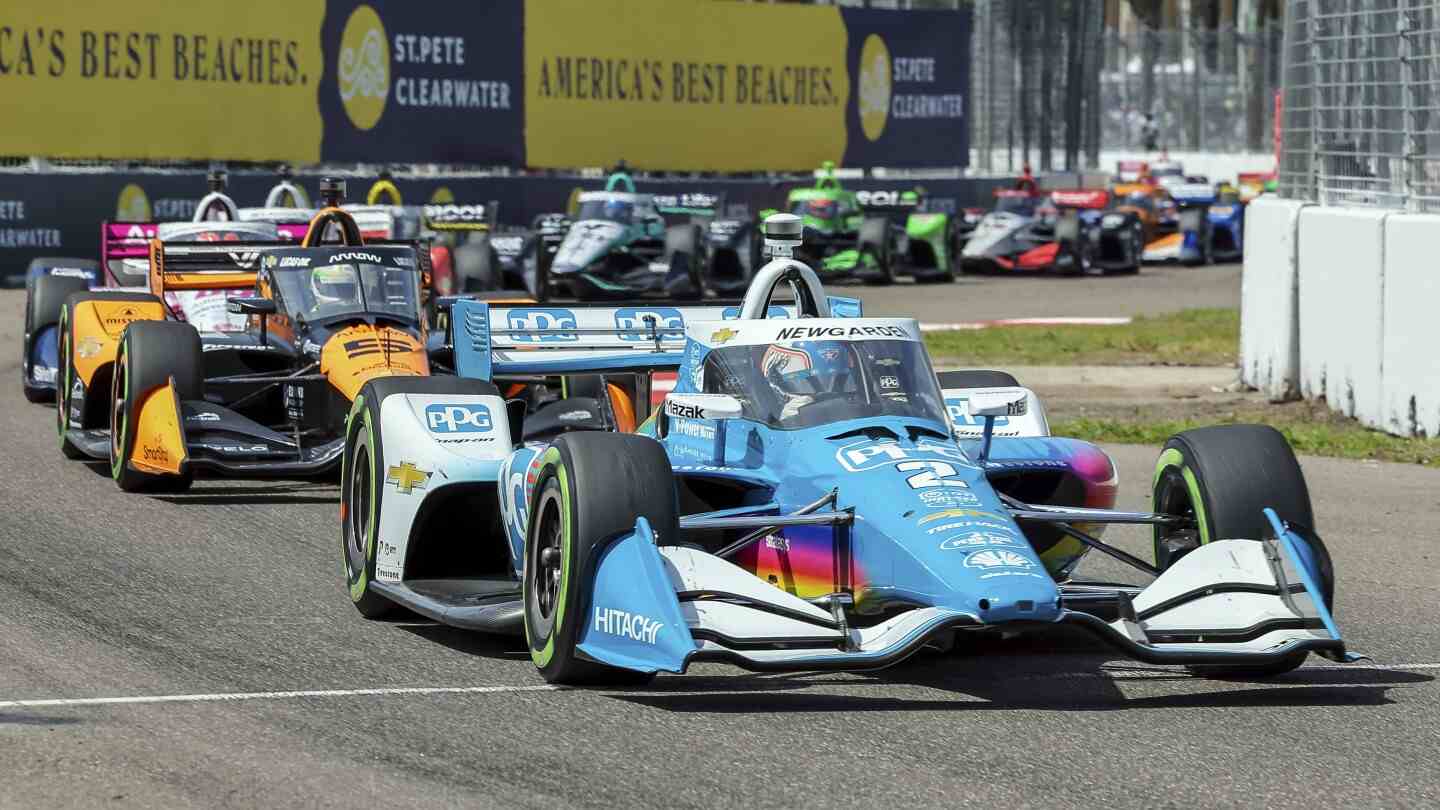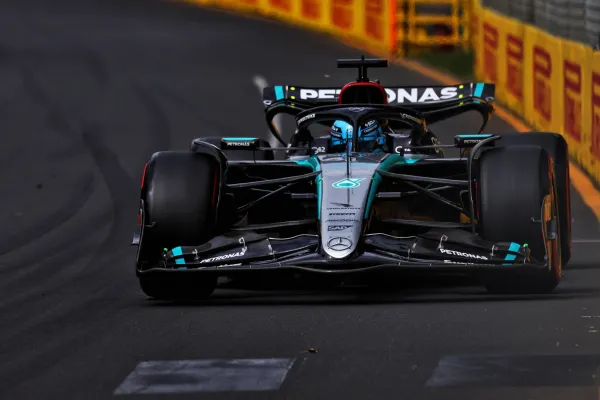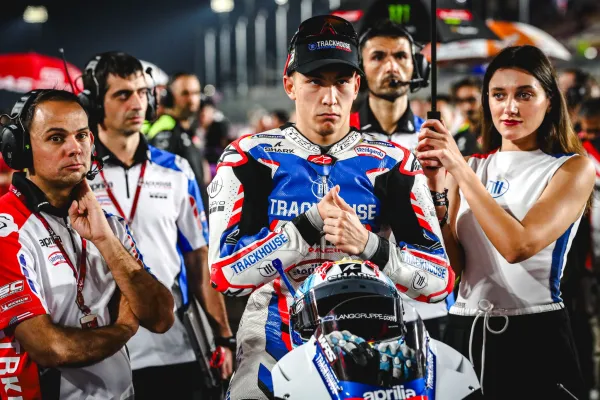The BMW M5 MotoGP Safety Car Incident: A Dramatic Twist At The US Grand Prix
The MotoGP season of 2025 has been nothing short of thrilling, with its longest-ever schedule of 22 rounds. Among the highlights, however, one moment stands out for its sheer unexpectedness—the mishap involving the BMW M5 MotoGP Safety Car during the US Grand Prix in Austin. This incident not only disrupted the race but also added an unusual twist to an already tense event. Below, we explore the details of this dramatic occurrence, its impact on the race, and the significance of the BMW M5 as a MotoGP Safety Car.
The Mishap: What Happened?
On March 30, 2025, unpredictable weather conditions set the stage for chaos at the Circuit of the Americas in Austin. Riders were already grappling with decisions about whether to switch bikes in anticipation of rain or stay on their current setups. Amidst this confusion, an unexpected incident unfolded—the BMW M5 MotoGP Safety Car crashed into a barrier during its sighting lap before the race began.
This crash forced race officials to bring out the red flag, temporarily halting proceedings to ensure safety for riders and track personnel. The sighting lap is typically a routine part of race preparations, but this time it became a moment of high drama. The situation was further complicated by rapidly changing weather conditions, leaving teams scrambling to adapt.
Details of the Incident
As the BMW M5 ventured onto the track for its sighting lap, it was tasked with ensuring that all safety protocols were in place before the race commenced. However, as it navigated one of the circuit’s tight corners, it lost traction due to a sudden downpour that caught many off guard. The driver attempted to regain control but ultimately collided with the barrier. Fortunately, there were no injuries reported; however, this incident raised questions about track conditions and safety protocols.
The crash not only delayed the start of the race but also sparked discussions about how such incidents could be avoided in future events. The quick response from race officials demonstrated their commitment to rider safety and operational efficiency.
BMW M5: The Premier MotoGP Safety Car
The BMW M5 MotoGP Safety Car is no ordinary vehicle. Since 1999, BMW M has been providing high-performance safety cars for MotoGP events, ensuring rider safety and showcasing cutting-edge automotive technology. The 2025 model features hybrid power with a V8 engine paired with an electric motor, delivering an impressive 727 horsepower. Equipped with advanced modifications like Recaro seats, six-point racing harnesses, and carbon fiber components, it is designed to handle the demands of leading a race.
Its graffiti-inspired livery reflects BMW’s commitment to innovation and performance while drawing parallels to their involvement in endurance racing with vehicles like the BMW M Hybrid V8. However, even such a powerful machine is not immune to mishaps under challenging conditions.
Technological Innovations in the BMW M5
The 2025 BMW M5 is equipped with state-of-the-art technology that enhances its performance and safety features:
Dynamic Stability Control (DSC): This feature helps maintain traction by adjusting engine power and braking force when necessary.
Adaptive Suspension: The suspension system adjusts based on driving conditions and driver input, providing both comfort and performance.
Advanced Aerodynamics: The car’s design minimizes drag while maximizing downforce, allowing it to navigate corners with precision.
These features make it an ideal choice for a safety car; however, they also underscore how even advanced technology can be challenged by unpredictable elements like weather.
Impact on the US Grand Prix
The crash added an unexpected layer of complexity to an already tense race day. Riders and teams were left in suspense as officials worked to clear the track and assess the situation. The red flag meant a temporary pause in proceedings, disrupting strategies and heightening anticipation among spectators.
Strategies Affected by Delays
With the race delayed due to the incident involving the safety car, teams had to reassess their strategies:
Tire Choices: Teams had initially prepared for dry conditions but had to reconsider their tire choices based on changing weather patterns.
Bike Adjustments: Some teams opted for last-minute adjustments to their bikes in anticipation of rain.
Mental Preparedness: Riders had to maintain focus despite interruptions that can lead to distractions or anxiety.
Such incidents highlight the unpredictable nature of motorsport. While safety cars are meant to ensure smooth operations during races, their involvement in accidents serves as a reminder of how quickly things can change on track.
BMW’s Legacy in MotoGP
BMW’s partnership with MotoGP spans over two decades. It began in 1999 with the Z3 M Coupe and has since evolved to include iconic models like the Z8 and various iterations of the M Touring series. The introduction of hybrid technology in recent years underscores BMW’s focus on sustainability without compromising performance.
The BMW M5 Touring variant debuted alongside its sedan sibling for the 2025 season. Both versions were expected to lead races across 22 rounds worldwide, offering immense promotional exposure for BMW’s high-performance vehicles. This mishap at Austin may have been an unfortunate event but does little to diminish BMW’s reputation as a provider of world-class safety cars.
Sustainability Efforts
BMW’s commitment extends beyond performance; they are also focused on sustainability:
Hybrid Technology: The integration of hybrid systems into their vehicles demonstrates a commitment to reducing emissions while maintaining power.
Recyclable Materials: Many components used in production are designed with recyclability in mind.
Carbon Neutral Goals: BMW aims for carbon neutrality across its production processes by 2030.
These efforts align well with modern consumer expectations and demonstrate how automotive manufacturers can lead by example within motorsport.
Lessons from Austin: Adapting to Challenges
The incident at Austin serves as a reminder that even meticulously engineered vehicles like the BMW M5 are subject to external factors such as weather and track conditions. It also highlights the importance of adaptability in motorsport—a quality that extends beyond riders and teams to include every aspect of race management.
Discover how motorsport engineers innovate under pressure by reading our article on cutting-edge racing technologies.
Key Takeaways from This Incident
Importance of Real-Time Data: Teams must utilize real-time data analytics regarding weather conditions during races.
Enhanced Communication: Clear communication between riders and teams is essential for making quick decisions.
Continuous Improvement: This incident will likely lead to discussions about improving safety protocols for both cars and riders.
MotoGP’s Commitment to Safety
MotoGP has always placed rider safety at the forefront. Safety cars play a crucial role in maintaining order during races and responding quickly to emergencies. The choice of vehicles like the BMW M5 reflects this commitment, combining reliability with top-tier performance.
Despite occasional setbacks like the Austin crash, these cars remain integral to race operations. Their presence ensures that even amidst chaos, there is a system in place to protect riders and spectators alike.
Safety Protocols Enhanced Post-Incident
In light of this incident, MotoGP officials are likely reviewing existing protocols:
Increased Training for Drivers: Ensuring that drivers understand how best to handle adverse conditions.
Improved Track Maintenance: Regular assessments will be scheduled more frequently leading up to events.
Enhanced Communication Systems: Implementing better systems for real-time updates between teams and officials during races.
Such measures will help maintain high standards within MotoGP while ensuring that all participants are kept safe throughout each event.
Looking Ahead: The Future of BMW M Safety Cars
BMW’s agenda for 2025 includes several exciting developments beyond MotoGP safety cars. Models like the M2 CS and M3 CS Touring are set to debut soon, showcasing innovations across combustion engines, plug-in hybrids, and electric drives. These advancements reflect BMW’s broader vision for sustainable yet powerful automotive solutions.
As MotoGP continues its journey through 22 rounds this season, fans can expect more thrilling moments—hopefully without incidents like Austin’s mishap.
Discover how automotive giants like BMW balance tradition with innovation by exploring our feature on hybrid technology in racing vehicles.
Future Technologies in Focus
Autonomous Features: As technology advances, we may see more autonomous features integrated into safety cars.
Enhanced Connectivity: Improved connectivity between vehicles could allow for better communication regarding track conditions.
Sustainability Initiatives: Future models may further emphasize eco-friendly technologies without sacrificing performance capabilities.
These innovations will not only enhance racing experiences but also contribute positively toward environmental sustainability goals within motorsport.
Conclusion: A Moment to Remember
The crash involving the BMW M5 MotoGP Safety Car at Austin will undoubtedly be remembered as one of the most bizarre moments in recent racing history. It disrupted plans but also served as a testament to how unpredictable motorsport can be.
BMW remains committed to excellence both on and off track. Their involvement in MotoGP showcases their dedication not just to performance but also to safety—a value that resonates deeply within the racing community.
As we move forward into more rounds of this historic MotoGP season, one thing is certain: moments like these keep fans engaged and remind us why motorsport remains one of the most exhilarating spectacles in sports history.
For insights into how brands like BMW leverage global events for marketing success, check out our analysis on sports sponsorship strategies across industries.
In conclusion, while incidents such as these may temporarily disrupt events or raise questions about safety protocols, they ultimately serve as learning opportunities that propel both teams and manufacturers toward greater heights—ensuring that every race remains thrilling yet safe for all involved participants!

